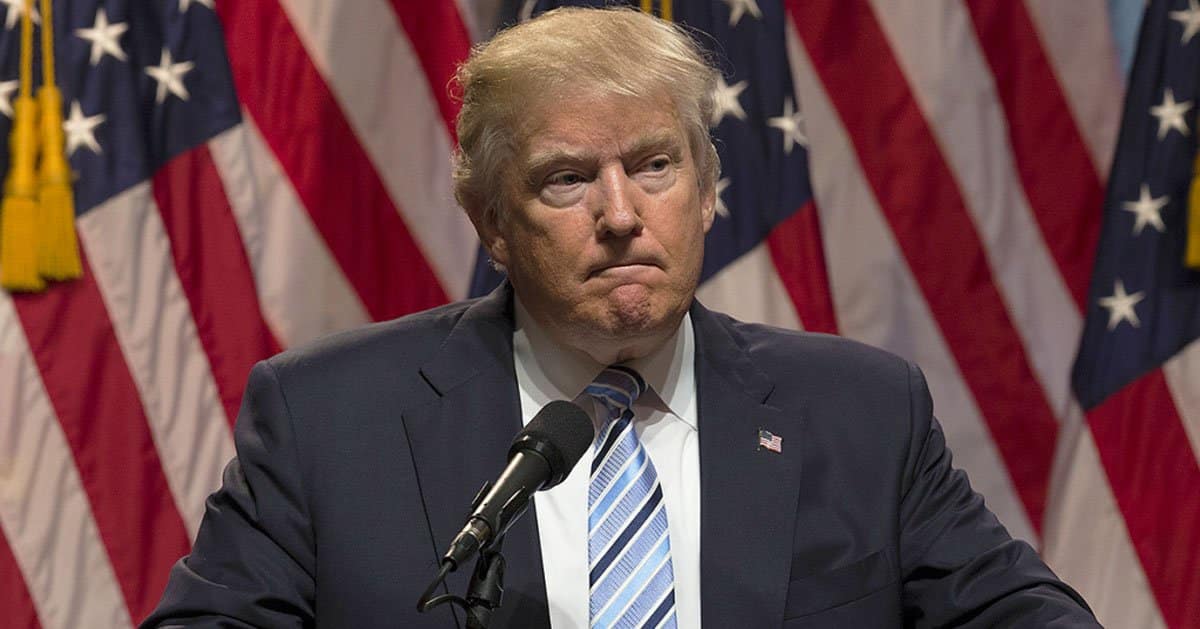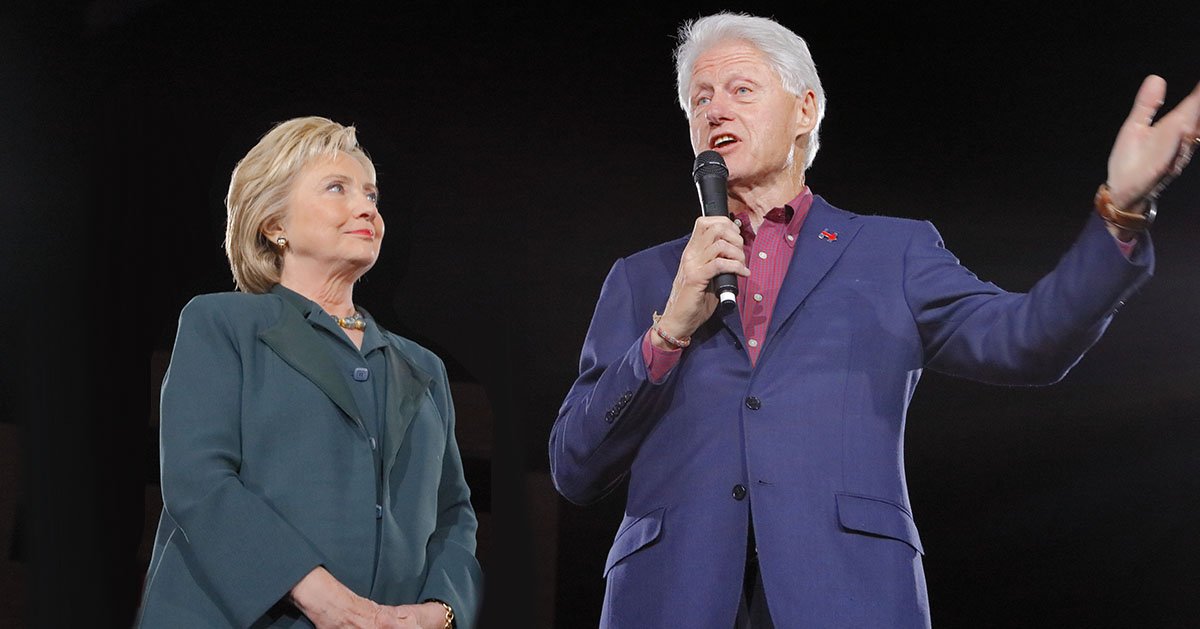








Senate Republicans have just dropped a bombshell that could shake the foundations of trust in federal investigations. Senator Chuck Grassley, R-Iowa, unleashed a trove of 197 subpoenas tied to the FBI’s Arctic Frost probe, a Biden administration operation that’s now under fire for allegedly targeting the Republican political machine. This isn’t just paperwork; it’s a window into what some call a deliberate overreach.
On October 29, 2025, Grassley revealed these subpoenas, which were part of the Arctic Frost investigation—a precursor to former Special Counsel Jack Smith’s later election-related charges against former President Donald Trump—and they’ve sparked outrage among GOP lawmakers who claim it was a politicized witch hunt.
These subpoenas didn’t just poke around; they went for the jugular, seeking testimony and documents from hundreds of Republican individuals and organizations. They even demanded sweeping financial details from conservative groups, raising eyebrows about the scope and intent of this probe.
Adding fuel to the fire, the subpoenas targeted communications with major media outlets like Fox News, CBS, Sinclair, and Newsmax, as well as interactions with congressional members and staff. If that doesn’t smell like a fishing expedition, what does?
Even more eyebrow-raising, the subpoenas included confidential grand jury material, which Grassley obtained through whistleblower leaks. He’s been steadily releasing documents to expose what he believes is a baseless, partisan effort by the FBI and DOJ under the current administration.
Grassley didn’t mince words at a news conference held by Senate Judiciary Republicans on October 29, 2025, in Washington, D.C. “Arctic Frost was the vehicle by which partisan FBI agents and DOJ prosecutors could improperly investigate the entire Republican political apparatus,” he declared. Well, if that’s not a call to action for transparency, nothing is.
Perhaps most shocking, the subpoenas zeroed in on phone records of eight Republican senators, capturing details like call times and recipients—though not the conversations themselves. Senator Ted Cruz, R-Texas, was among those targeted, with his phone provider, AT&T, ordered by a federal judge to keep silent about the request for a full year.
Verizon also tipped off Grassley that a landline in Cruz’s office was “affected,” though specifics remain murky. It’s hard not to wonder if this was less about justice and more about intimidation.
Cruz, unsurprisingly, came out swinging at the same press conference. “We are going to get the answers of every person who signed off on this abuse of power, and mark my words, there will be accountability,” he vowed. That’s the kind of resolve you’d expect when personal privacy gets trampled under the guise of investigation.
The Arctic Frost probe laid the groundwork for Jack Smith’s eventual charges against Trump, accusing the former president of attempting to interfere with the 2020 election results. Smith’s case, which included four criminal counts filed in 2023, hit numerous legal roadblocks in Washington, D.C., federal courts before ultimately being dismissed.
Now, House lawmakers are demanding Smith sit for a closed-door interview to explain his actions, while Grassley insists he’s still digging for more details before any public hearing. The GOP isn’t ready to let this slide without a full accounting.
Smith’s legal team, meanwhile, seems eager for the spotlight. His lawyer, Lenny Breuer, told Fox News Digital that Smith is “happy to discuss his work as Special Counsel and answer any questions at a public hearing.” Transparency is great, but one has to question if this is genuine openness or just a PR move to control the narrative.
The scale of these subpoenas—197 in total—paints a picture of an investigation that didn’t just target individuals but seemed to cast a net over the entire conservative ecosystem. When you’re subpoenaing media, senators, and financial records en masse, it’s tough to argue this wasn’t a broader agenda at play.
For many on the right, this feels like a stark reminder of why trust in federal institutions has eroded. The idea of an “enemies list” isn’t just hyperbole—it’s a genuine concern when probes appear to disproportionately target one political side while sparing the other.
Ultimately, this story isn’t just about subpoenas or even Arctic Frost; it’s about whether the machinery of justice is being wielded as a political weapon. As Grassley and his colleagues continue to press for answers, the American public deserves to know if this was a legitimate investigation or a calculated attempt to silence dissent. Let’s hope the truth, not partisan spin, wins the day.



